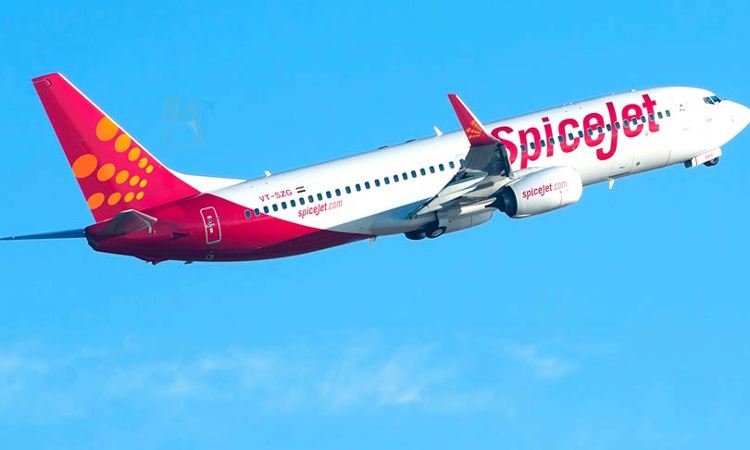'Claim Not Legally Enforceable, Admission Of Winding Up Laden With Procedural Infirmities': SpiceJet Files Appeal Before Madras High Court
Sebin James
5 Jan 2022 3:38 PM IST

Madras High Court has deferred the matter to hear the caveator, Credit Suisse AG, at length tomorrow.
Next Story


